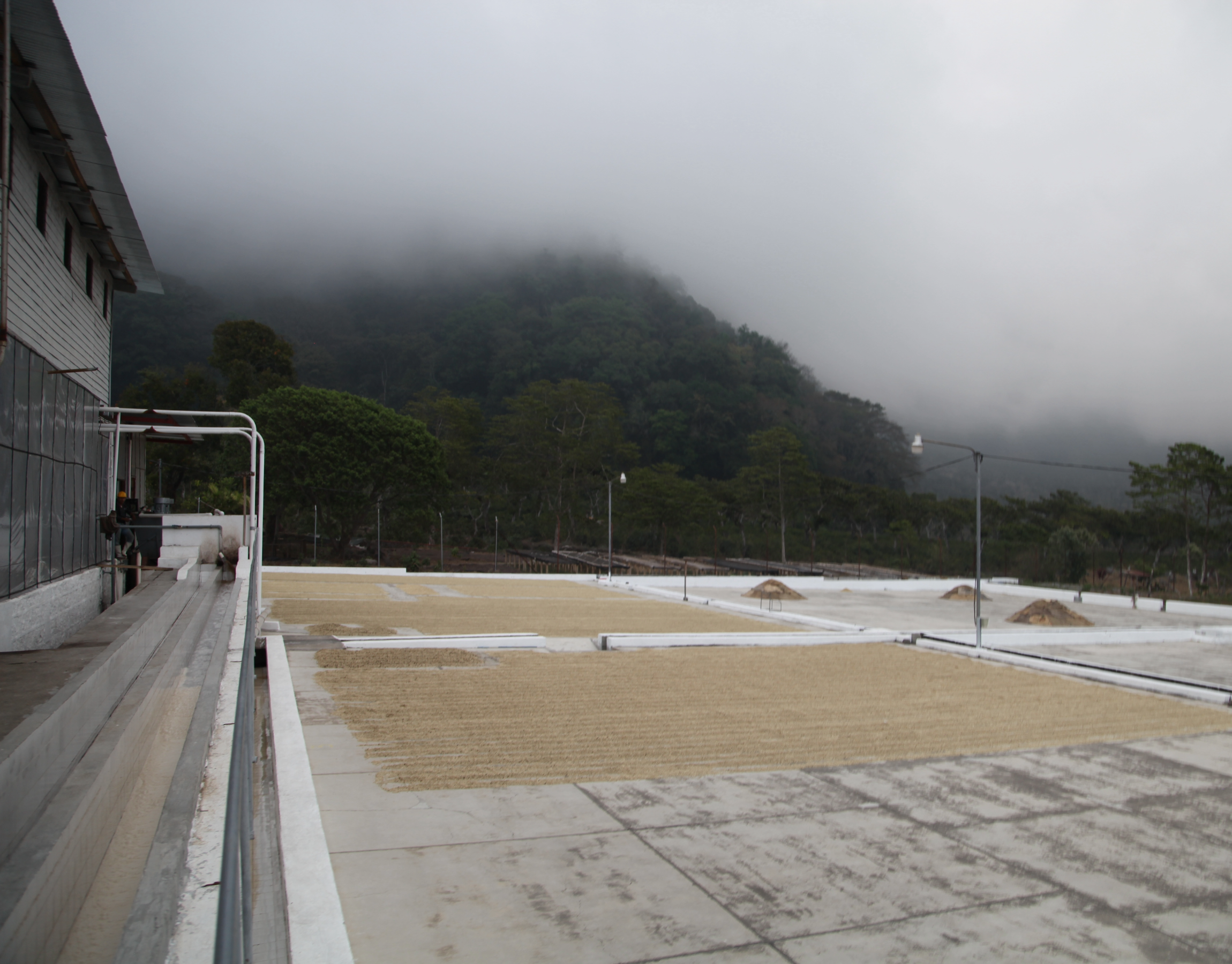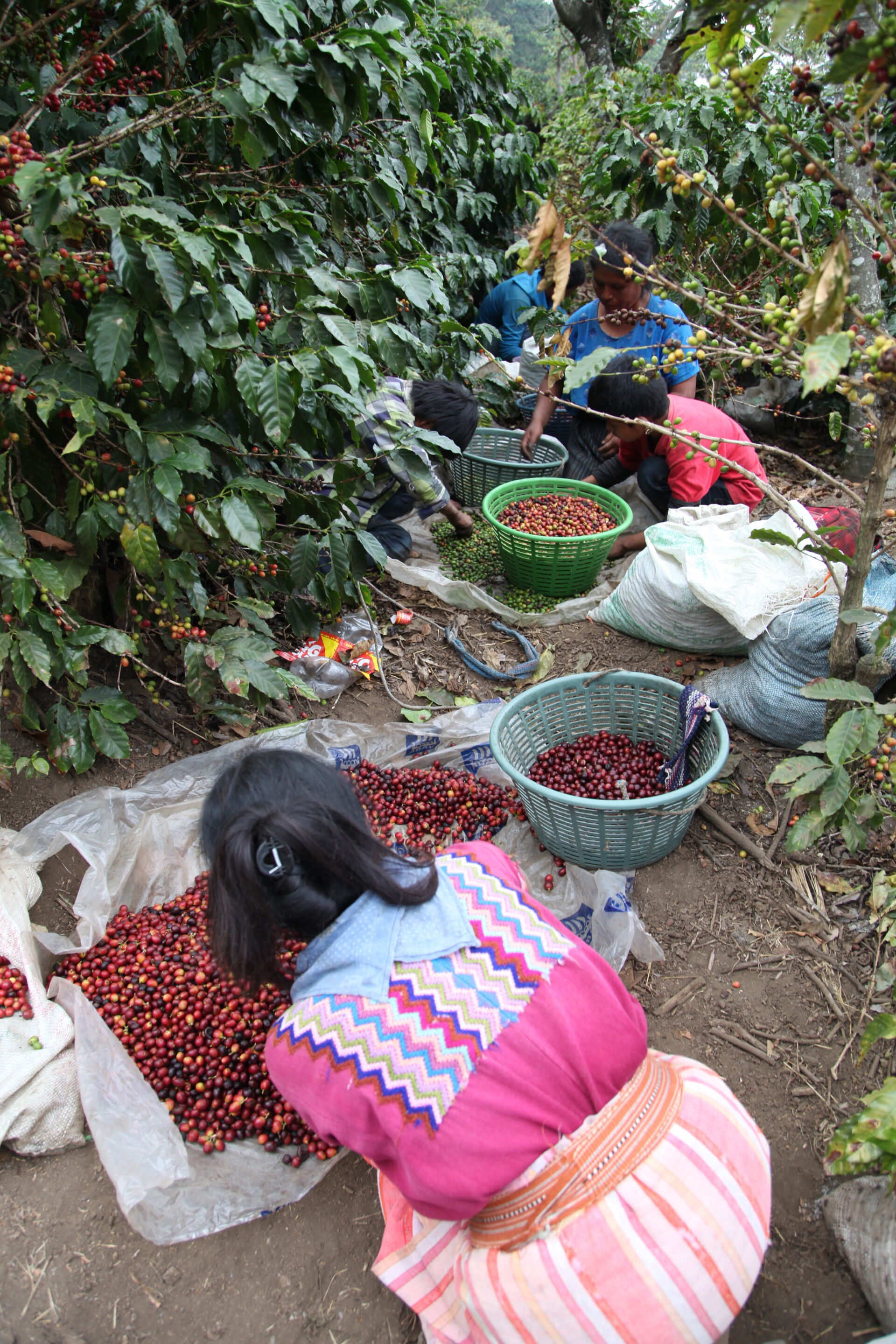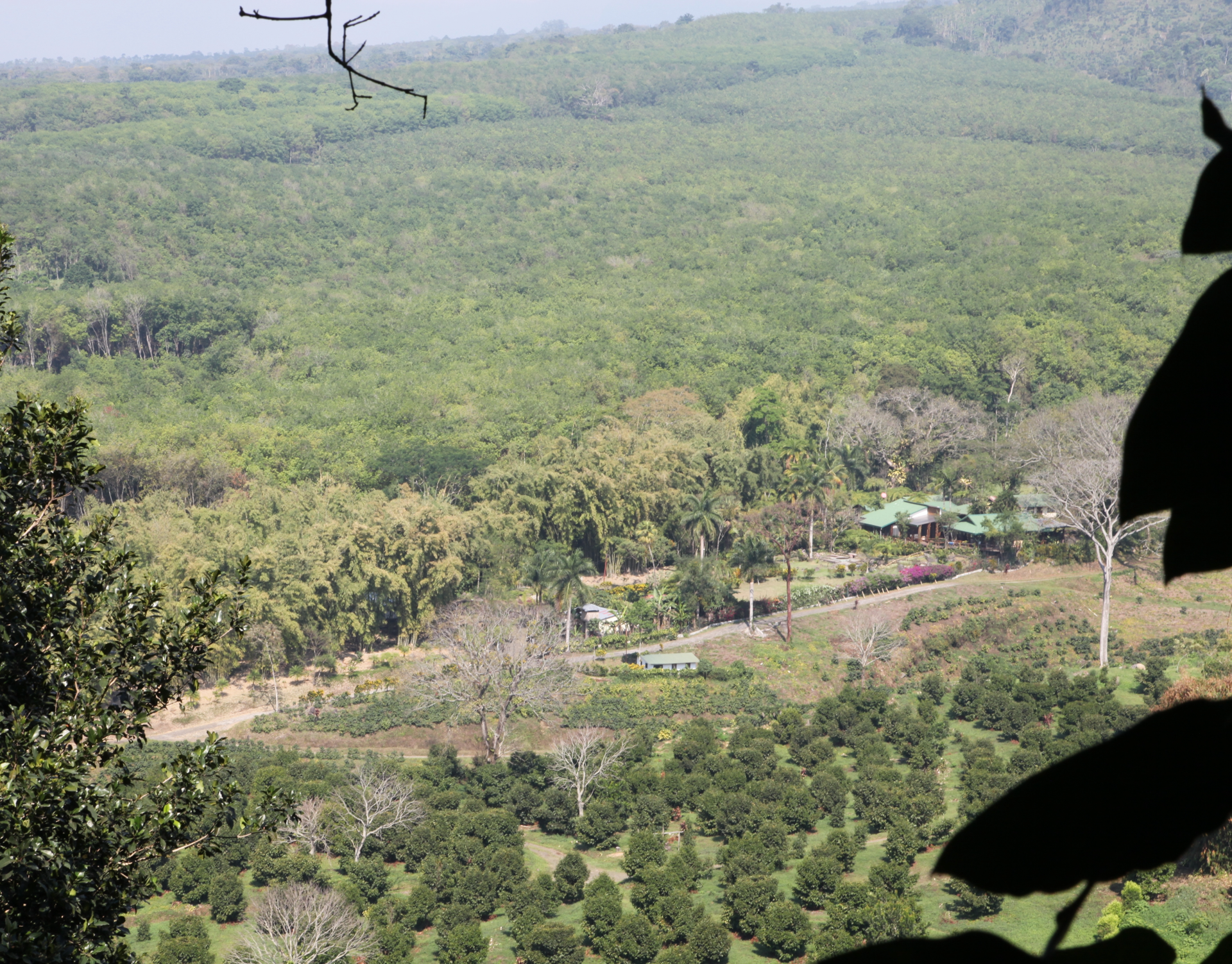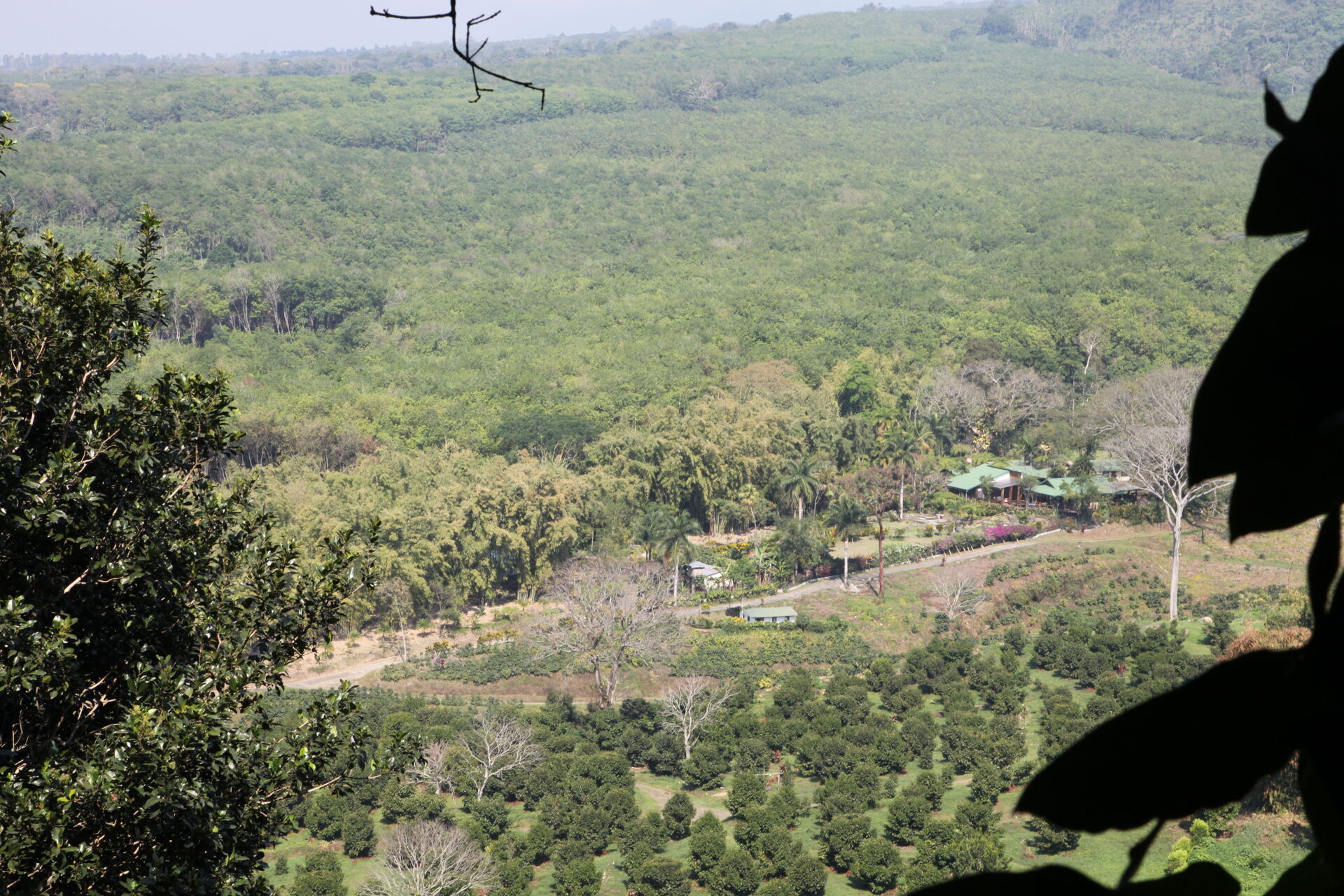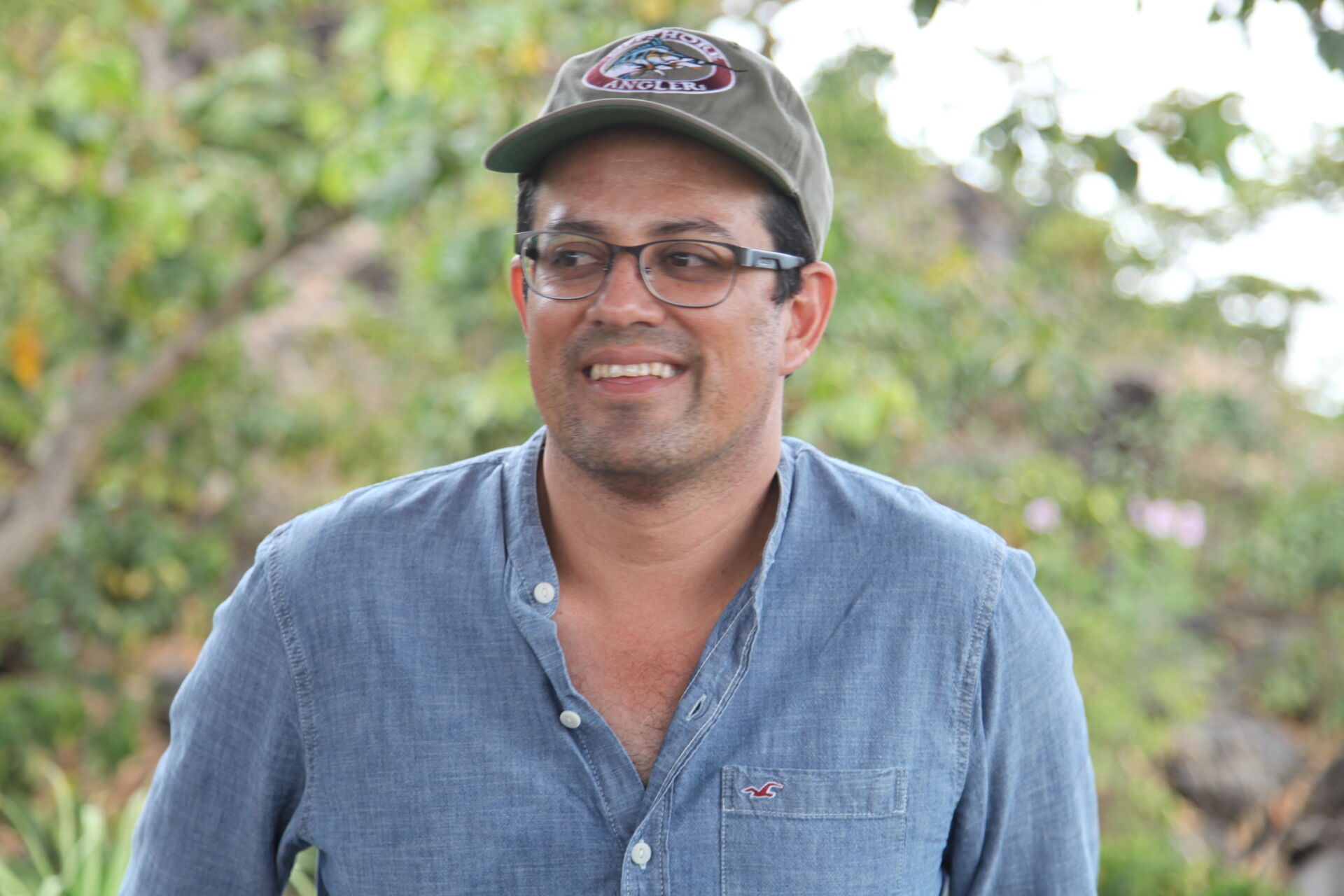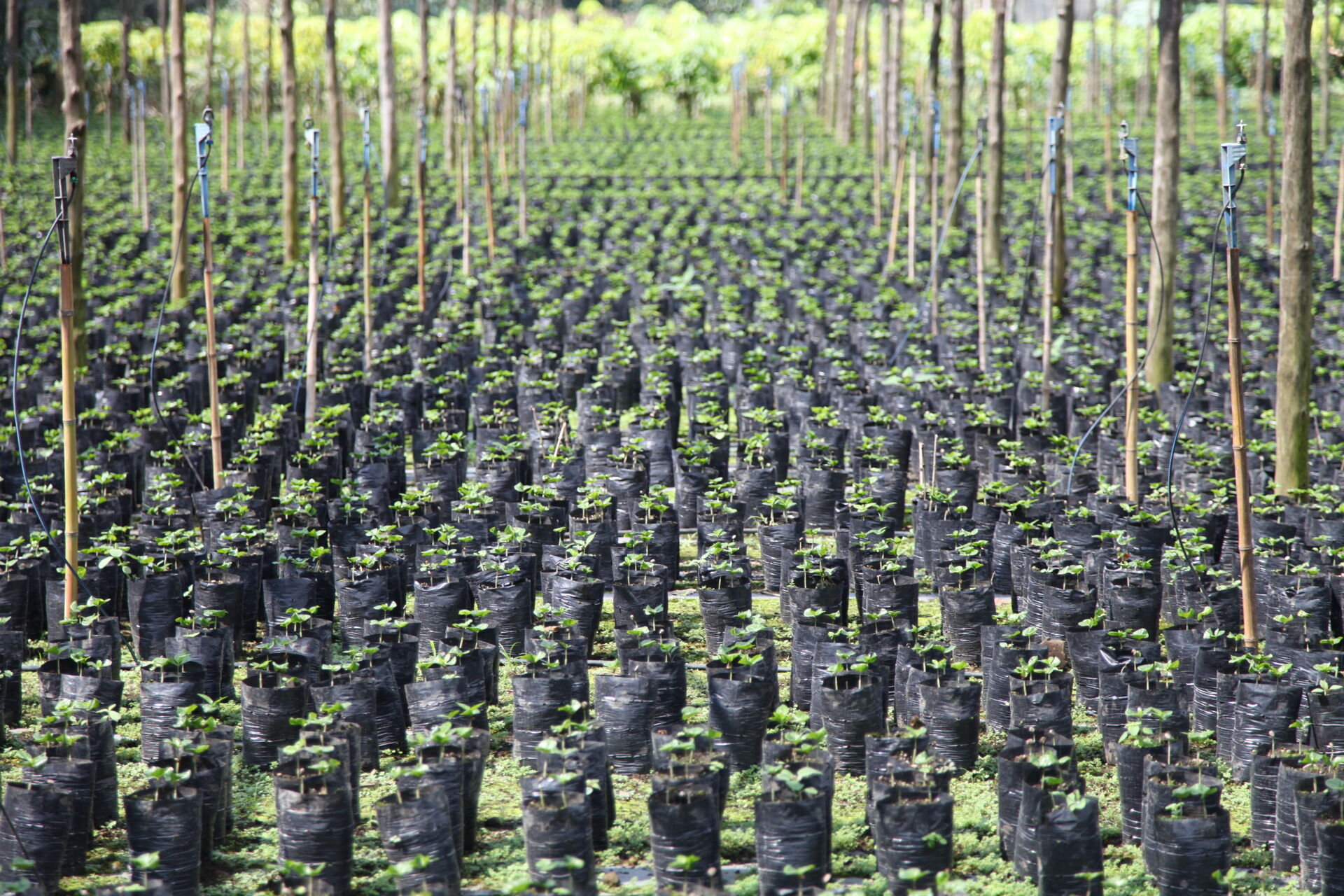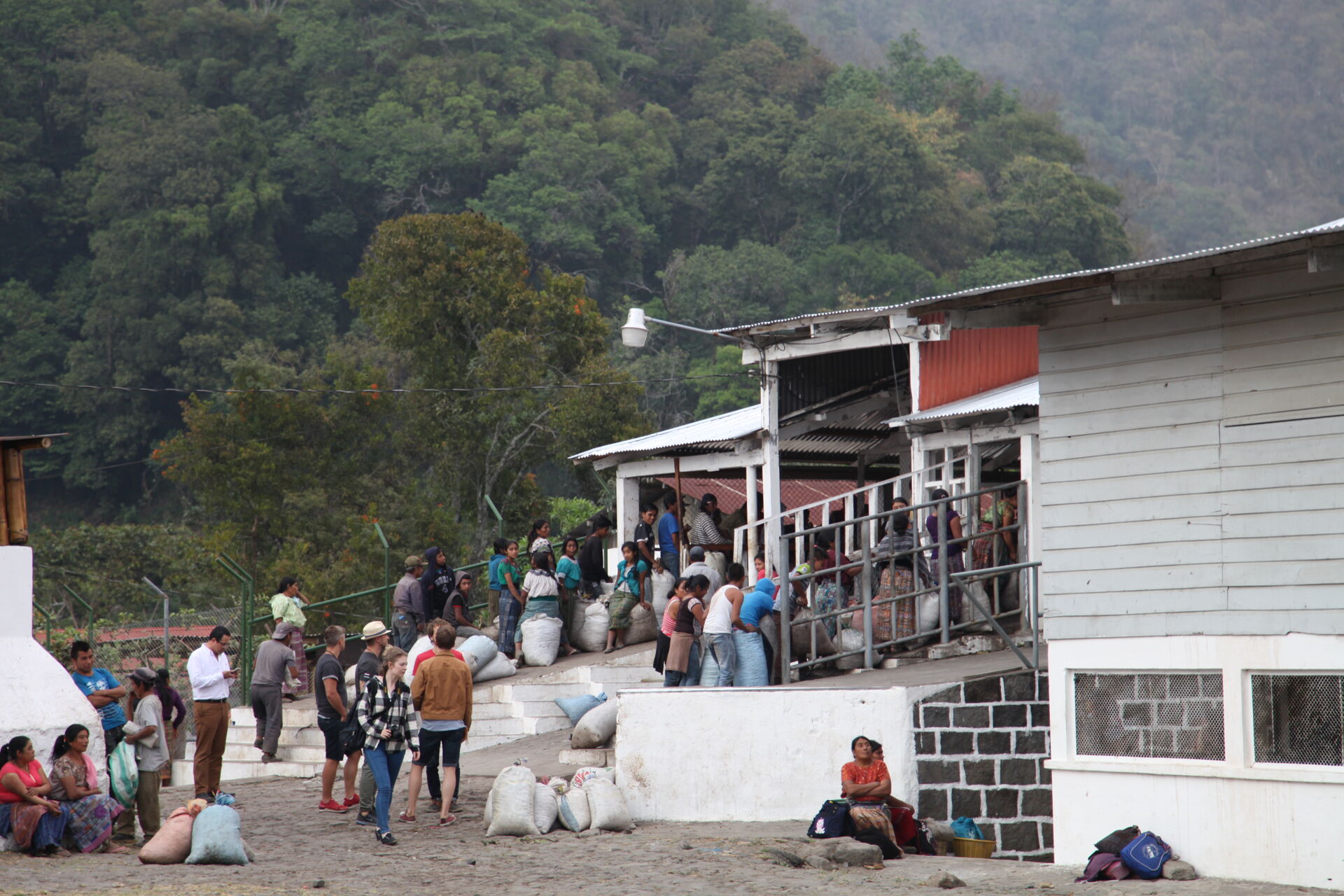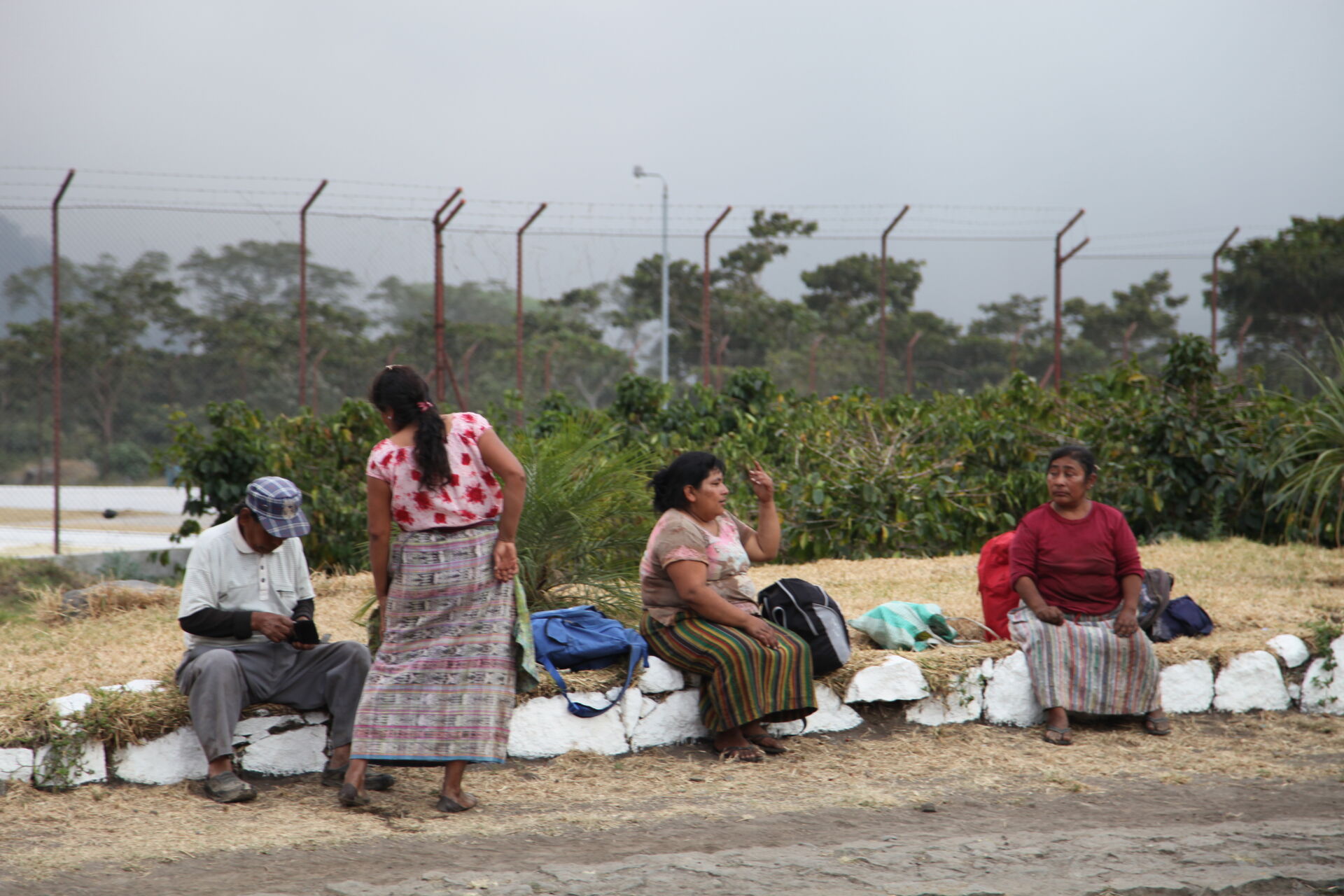The Panama farm was created in 1933 on the initiative of Frederick William Owen Smith, then was bought by Julio Herrera in 1985. Today, Alex Herrera inherited this family farm and manages it with passion and determination. The two farms of the Herrera family are polyculture (macadamia, avocados, pollen, bamboo). The farm being located on the slopes of the Atitlan Volcano, the soil is volcanic and stony and reminds us of the soils of some Bordeaux vineyards. A water treatment system makes it possible to recover wastewater for the irrigation of coffee trees.

About
The farm in detail
Altitude
1400 - 1500 Environment
Mountainous Ground
Volcanic Shady
Chalum
San Lucas Tolimán municipality is located in the department of Sololá, on the slopes of Lake Atitlán, at the foot of the imposing Tolimán volcano. This geographical location provides it with a privileged natural environment, with fertile lands and a temperate-humid climate, ideal for agriculture and rural activities.
San Lucas Tolimán relies primarily on agriculture, which is the most representative activity and source of income for most of its inhabitants. The most important and symbolic crop in the municipality is coffee, produced on the slopes of the Tolimán Volcano and other high – altitude areas. In addition to coffee, other crops such as corn, beans, vegetables, bananas, avocados, and tropical fruits are grown. However, it is coffee that has shaped not only the local economy but also the social and cultural life of the municipality. There are cooperatives and small organized producers that participate in the fair trade market, which has strengthened the family and community economy.
In ethnic terms, San Lucas Tolimán is predominantly inhabited by the Kaqchikel Mayan population, who preserve their language, traditions, and forms of community organization. This cultural identity is reflected in both religious festivals and agricultural practices, which often combine traditional techniques with modern methods.
The richness of its Kaqchikel Mayan culture, its strategic location next to Lake Atitlán, and its natural resources make it a key site for both agricultural production and the cultural and environmental conservation of the region.
Among Guatemala's five volcanic coffee regions, Atitlán stands out for having the most abundant organic matter in its soil. Coffee cultivation thrives on the slopes of the three imposing volcanoes that command the shores of Lake Atitlán. The microclimate is significantly shaped by the daily winds, known as Xocomil, which whip across the cold waters of the lake.

Meet Alex Herrera
Coffees of this farm
